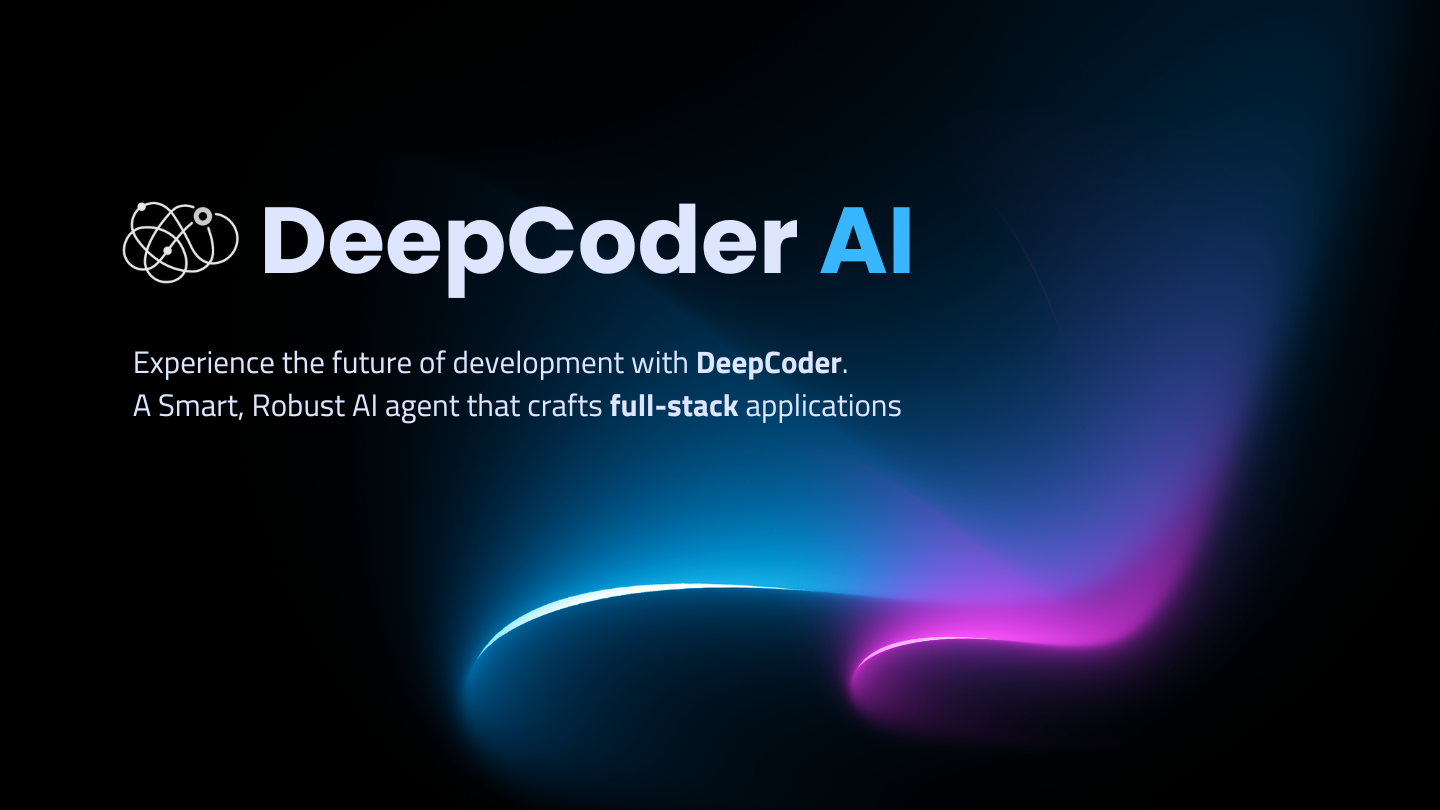Run DeepCoder in Ubuntu: Step-by-Step Installation Guide

DeepCoder is a powerful code reasoning model designed for developers seeking advanced code generation and understanding capabilities. Running DeepCoder on Ubuntu involves several steps, including installation, configuration, and execution of the model.
This article provides a detailed guide to help you set up and run DeepCoder on your Ubuntu system.
Overview of DeepCoder
DeepCoder-14B is a large language model (LLM) fine-tuned for code reasoning tasks. It boasts:
- 14 billion parameters, making it capable of handling complex coding tasks.
- 60.6% Pass@1 accuracy on LiveCodeBench v5, outperforming its base model by 8%.
- Support for 64K context lengths, enabling efficient long-context reasoning1.
DeepCoder can be deployed locally using tools like Ollama or Python-based CLI tools. Below are the steps to install and run the model on Ubuntu.
System Requirements
Before installing DeepCoder, ensure your system meets the following requirements:
- Operating System: Ubuntu 20.04 or later.
- GPU: NVIDIA GPU with CUDA support (recommended for faster inference).
- RAM: At least 16 GB (32 GB preferred for large models).
- Disk Space: Minimum 50 GB free space.
- Python Version: Python 3.10 or later5.
Step-by-Step Installation Guide
1. Update System Packages
Start by updating your system to ensure compatibility with the required dependencies:
bashsudo apt update && sudo apt upgrade -y
2. Install NVIDIA Drivers
If you plan to use a GPU for running DeepCoder, install the latest NVIDIA drivers and CUDA toolkit:
bashsudo apt install nvidia-driver-525sudo apt install nvidia-cuda-toolkit
Verify GPU installation:
bashnvidia-smi
3. Install Python and Virtual Environment
DeepCoder requires Python 3.10 or later. Install Python and set up a virtual environment:
bashsudo apt install python3 python3-pip python3-venv -y
python3 -m venv deepcoder_envsource deepcoder_env/bin/activate
4. Install Dependencies
Install necessary Python libraries and dependencies:
bashpip install torch transformers numpy
Additionally, install system utilities required for Ollama:
bashsudo apt install pciutils lshw curl -y
5. Install DeepCoder
There are two ways to install DeepCoder:
- Using Ollama
Ollama simplifies serving LLMs locally:
bashcurl -fsSL https://ollama.com/install.sh | sh
ollama serve
ollama run deepcoder
This will download and initialize the DeepCoder model1.
- Using GitHub Repository
Clone the DeepCoder repository for direct installation:
bashgit clone https://github.com/deepcode-ai/deepcoder.gitcd deepcoderpip install -r requirements.txt
Set up the API key (replace [your_api_key] with your actual key):
bashexport OPENAI_API_KEY=[your_api_key]
6. Test Installation
Run a sample prompt to verify that DeepCoder is functioning correctly:
bashpython -c "from deepcoder import generate_code; print(generate_code('Write a function to sort a list'))"
Alternatively, use Ollama's interactive console:
bashollama run deepcoder --prompt "Write a function to split a document into overlapping chunks."
Running DeepCoder in Ubuntu
Once installed, you can start using DeepCoder for code generation tasks.
Interactive Code Generation
DeepCoder allows you to input natural language prompts and receive executable code snippets:
pythonfrom deepcoder import generate_code# Example prompt
prompt = "Write Python code to merge two sorted arrays."
code = generate_code(prompt)
print(code)
Batch Processing
For processing multiple prompts in batch mode:
pythonprompts = [
"Generate a function to calculate factorial.",
"Create a class for managing user accounts.",
]
results = [generate_code(prompt) for prompt in prompts]
for result in results:
print(result)
Troubleshooting Common Issues
1. GPU Not Detected
Ensure NVIDIA drivers are installed correctly:
bashnvidia-smi
If not detected, reinstall drivers or check compatibility.
2. Missing Dependencies
Reinstall missing packages using pip or apt commands.
3. API Key Issues
Ensure the API key is correctly exported or added to .env file.
Advanced Configurations
Custom Model Deployment
DeepCoder supports custom model deployment via Docker or Azure services5. To use Docker:
bashdocker pull deepcode-ai/deepcoder:latestdocker run -it --rm deepcode-ai/deepcoder:latest
Integration with CI/CD Pipelines
DeepCoder can be integrated into CI/CD workflows by using its CLI tool2.
Conclusion
Running DeepCoder on Ubuntu provides developers with an efficient tool for automated code reasoning and generation tasks. By following this guide, you can successfully set up and utilize DeepCoder locally, leveraging its advanced capabilities for various coding challenges.